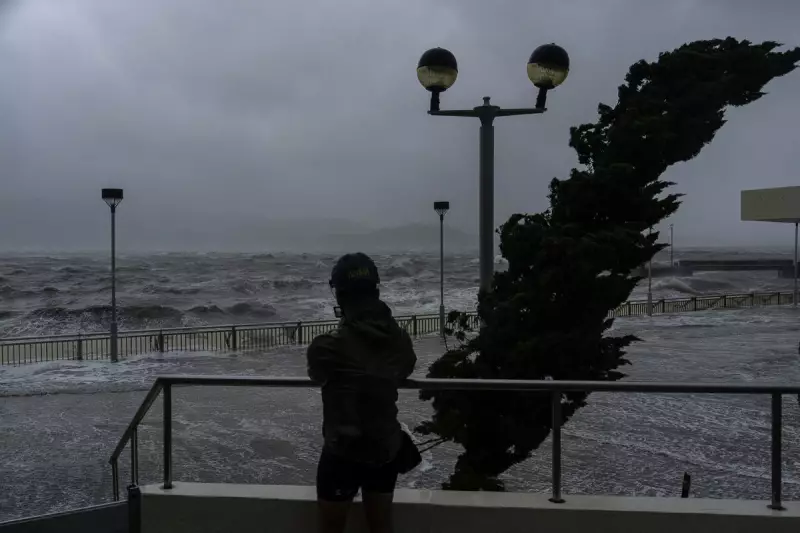
In a stark escalation of Beijing's global reach, exiled Hong Kong pro-democracy activists are reporting an intensifying surveillance campaign orchestrated by Chinese authorities. Dubbed 'Sky Net', the operation aims to silence dissent far beyond China's borders, creating a climate of fear among those who fled the city's political crackdown.
The Long Arm of Beijing
Activists now living in the UK, Canada, and Australia describe a sophisticated network of monitoring that extends well beyond online harassment. They report being approached by individuals claiming to be agents or sympathisers, urging them to return to Hong Kong or face consequences for their families back home.
One activist, who sought refuge in the UK, recounted being told his elderly parents were visited by authorities. "They know where I am, they know what I'm doing. The message is clear: nowhere is truly safe," he stated anonymously.
Sky Net: A Global Dragnet
The 'Sky Net' strategy leverages a combination of traditional intelligence gathering and modern digital tools. This includes:
- Enhanced Cyber Capabilities: Sophisticated hacking attempts targeting activists' communications.
- Covert Diplomacy: Using Chinese embassies and consulates to coordinate pressure on host countries.
- Local Proxies: Employing overseas Chinese students and business figures to gather information.
- Family Pressure: Systematically targeting relatives remaining in Hong Kong and mainland China.
International Fallout and Diplomatic Strains
The campaign is causing significant diplomatic friction. Recent incidents in the Philippines and Taiwan, where individuals linked to Hong Kong groups were apprehended under suspicious circumstances, are seen as part of this broader pattern. Governments in the West are facing increased pressure to protect dissidents from what many label as extraterritorial intimidation.
This aggressive posture tests the limits of international law and challenges the principle of national sovereignty, raising urgent questions about how democracies should respond to state-sponsored coercion on their soil.






